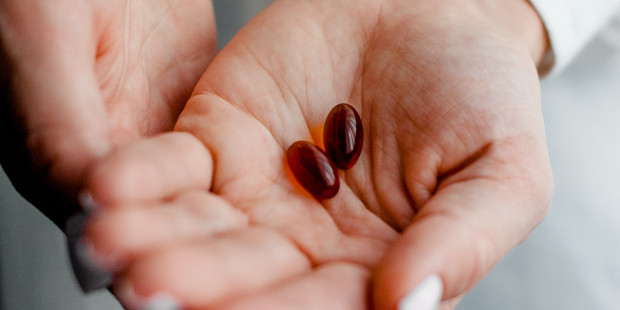What are drug interactions?
All types of drugs can cause adverse interactions:
- combinations of prescribed drugs with other prescribed drugs
- medicines you can buy over the counter
- herbal and other alternative remedies
- recreational drugs.
Many of these substances are known to interact with anti-HIV drugs.
These interactions can be dangerous in several different ways:
- The levels of a given drug in the blood can fall too low for it to work properly. If this happens with anti-HIV drugs, there’s a risk of developing resistance.
- The levels of antiretroviral drugs can become too high, creating a risk of side effects.
- Some interactions can be very dangerous, making one or both of the drugs poisonous.
Interactions are one of the reasons why it makes very good sense for your HIV doctor and pharmacist (and any other medical professional who provides you with medicines) to know about all the medicines and drugs you’re taking – including any recreational ones.
You can try out an interactive drug interaction chart on hiv-druginteractions.org
Are natural remedies dangerous?
Just like conventional medicine, herbal and other alternative remedies can interact with anti-HIV drugs. Avoid these ones in particular:
- garlic
- St John’s Wort
- Sutherlandia
- African potato
- high doses of vitamins A, C, E and B6, zinc and selenium.
Always check with an HIV doctor or pharmacist before taking any herbal remedies.
Recreational drugs
Some recreational drugs can interact with some anti-HIV drugs.
It's also wise to consider how recreational drug use could affect adherence to your HIV treatments as sleeping patterns and routine may well be disturbed.
Hormonal contraceptives
Several anti-HIV drugs interfere with the way some hormonal contraceptives work, making the contraceptive potentially less effective:
- the drugs efavirenz (Sustiva) and nevirapine (Viramune)
- protease inhibitors (PIs) such as Kaletra
- the integrase inhibitor elvitegravir (Vitekta) – also found in the combination pills Genvoya and Stribild.
Most people living with HIV will be taking a drug from one of these classes.
These hormonal contraceptives may be less effective for women on HIV treatment:
- the combined pill
- the progestogen-only pill, also known as the mini-pill
- patches – a small beige patch applied to the skin and changed once a week
- implants – a small flexible rod inserted under the skin on the upper arm, which works for up to three years
- vaginal rings – a small flexible ring inserted in the vagina for three weeks of the month.
These hormonal contraceptives are safe and effective for women on HIV treatment:
- the intrauterine device (IUD)
- Mirena intrauterine system (IUS)
- the Depo-Provera injection.
Your HIV doctor will be able to advise you about contraception when you are discussing HIV treatment.




